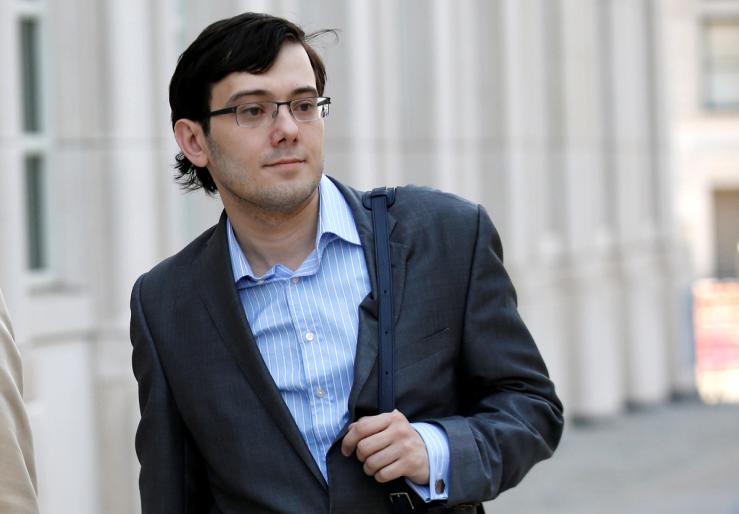The News
Martin Shkreli, the infamous “Pharma Bro” who was released from federal prison less than a year ago and banned from the pharmaceutical industry, is pivoting to artificial intelligence.
He debuted a new chatbot on Thursday called “Dr. Gupta” that purports to answer health-related questions and provide medical advice.
Shkreli has lofty ambitions for the project: “We want to be the replacement for all health care information at the very least, and ideally some of the care as well,” he said during a Twitter Spaces talk Thursday.
But for a sensitive and high-stakes field like medicine, questions remain about accuracy, privacy, and the extent to which bots can replace doctors.
And he’s faced an inquiry from the government in recent months over whether another medical business he started violates his lifetime ban from the pharma industry.
Know More
Dr. Gupta — so named because it includes the letters “GPT” — uses a modified version of the underlying technology of OpenAI’s ChatGPT, Shkreli said, adding that it has the ability to understand and answer complicated medical questions, based on information available online and in medical journals.
Users can send up to 10 messages a month for free, and have to pay $20 a month for unlimited chats.
“WebMD is basically dead in the water,” Shkreli said, promoting AI as a way to replace visits to the doctor and bring down medical costs.
He said his tech isn’t ready to fully replace human doctors. OpenAI acknowledges that its technology sometimes produces inaccurate results.
A recent University of Maryland School of Medicine study found that ChatGPT correctly answered questions about breast cancer screening 88% of the time.
“We’ve seen in our experience that ChatGPT sometimes makes up fake journal articles or health consortiums to support its claims,” Dr. Paul Yi, an author on the study, said in a statement. “Consumers should be aware that these are new, unproven technologies, and should still rely on their doctor, rather than ChatGPT, for advice.”
Asked on Twitter whether he has a plan to prevent the bot from giving out bad medical advice, Shkreli replied: “How do you prevent a physician from doing the same?”
The site’s disclaimer states in all caps that anyone who uses the chatbot does so at their own risk, and that the company is not legally responsible for any “errors, mistakes, or inaccuracies” or any personal injury that results from using the chatbot.
Privacy is another question.
The site collects sensitive personal data that users provide including health and genetic data, its terms state. It can store the information “as long as it is necessary” — which generally is no longer than a year after a user cancels their account.
Asked about the privacy issue on Twitter, Shkreli replied: “Read the terms. If you don’t want to use it, do not use it!”
Step Back
Shkreli was once considered “the most hated man in America” after his company Turing Pharmaceuticals acquired the rights to the drug Daraprim and raised its price from $13.50 to $750 per pill. The drug is used to treat a rare parasitic disease that affects cancer patients, pregnant women, and AIDS patients.
He was convicted of securities fraud and conspiracy in 2017 in a federal case unrelated to the price-hike scandal, and was sentenced to seven years in prison.
He was separately hit with a civil suit from the Federal Trade Commission and seven states, and was found to have violated antitrust law by raising the price of Daraprim. He was fined $64.6 million and barred from the pharmaceutical industry for life.
He was released from prison last May, and quickly launched a new drug discovery software platform called Druglike. Earlier this year, the FTC asked a federal judge to hold Shkreli in contempt for failing to cooperate with an investigation into whether his work with Druglike violates his ban from the industry.
He responded in a filing that Druglike is not a pharmaceutical company.
In launching the Dr. Gupta chatbot, Shkreli continued to downplay his actions that first landed him in hot water.
“Years ago, I became the poster child for healthcare cost inflation. Pharma is only 12% of healthcare costs, but seems to get 90% of the blame,” he tweeted Thursday.


